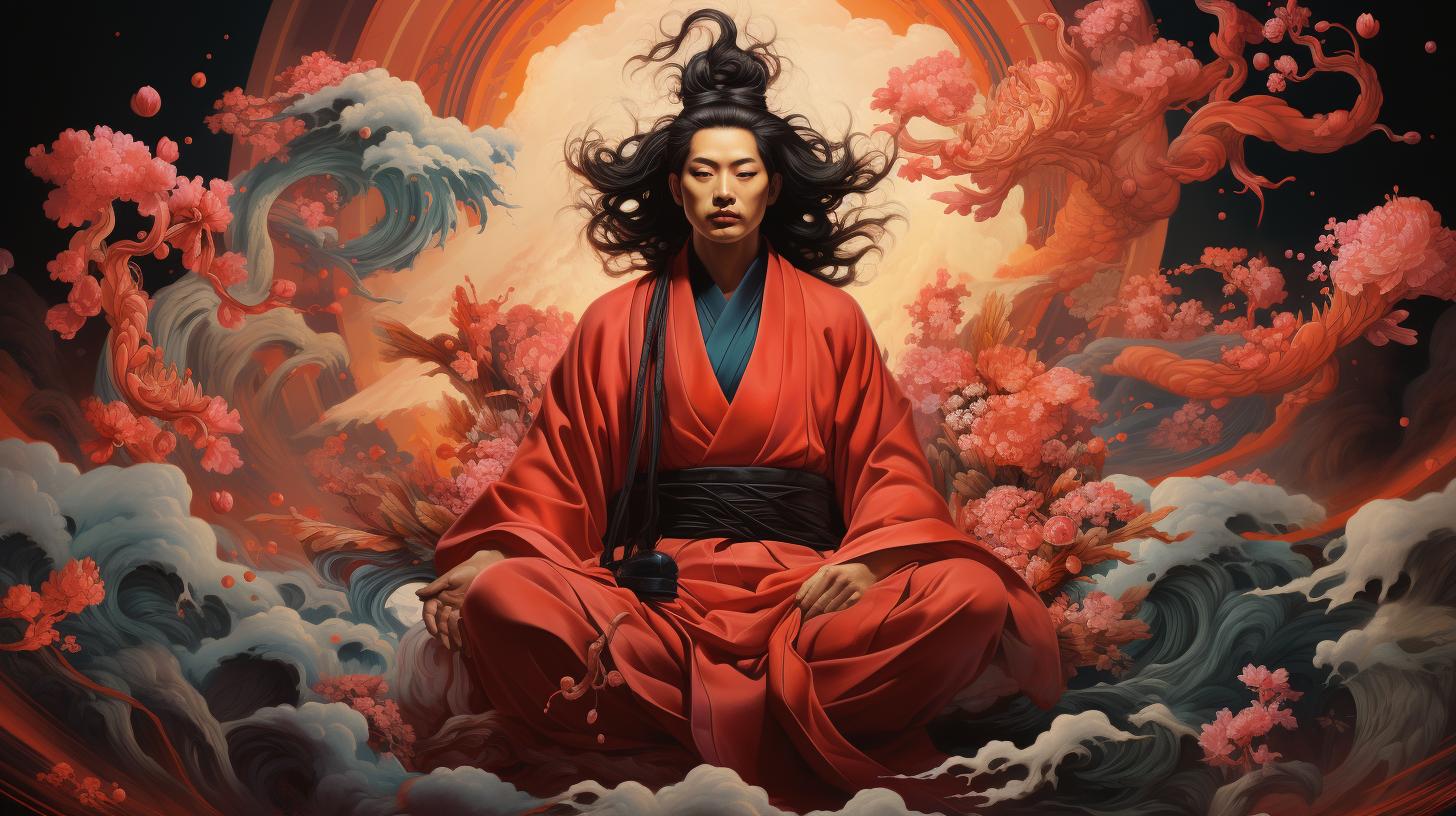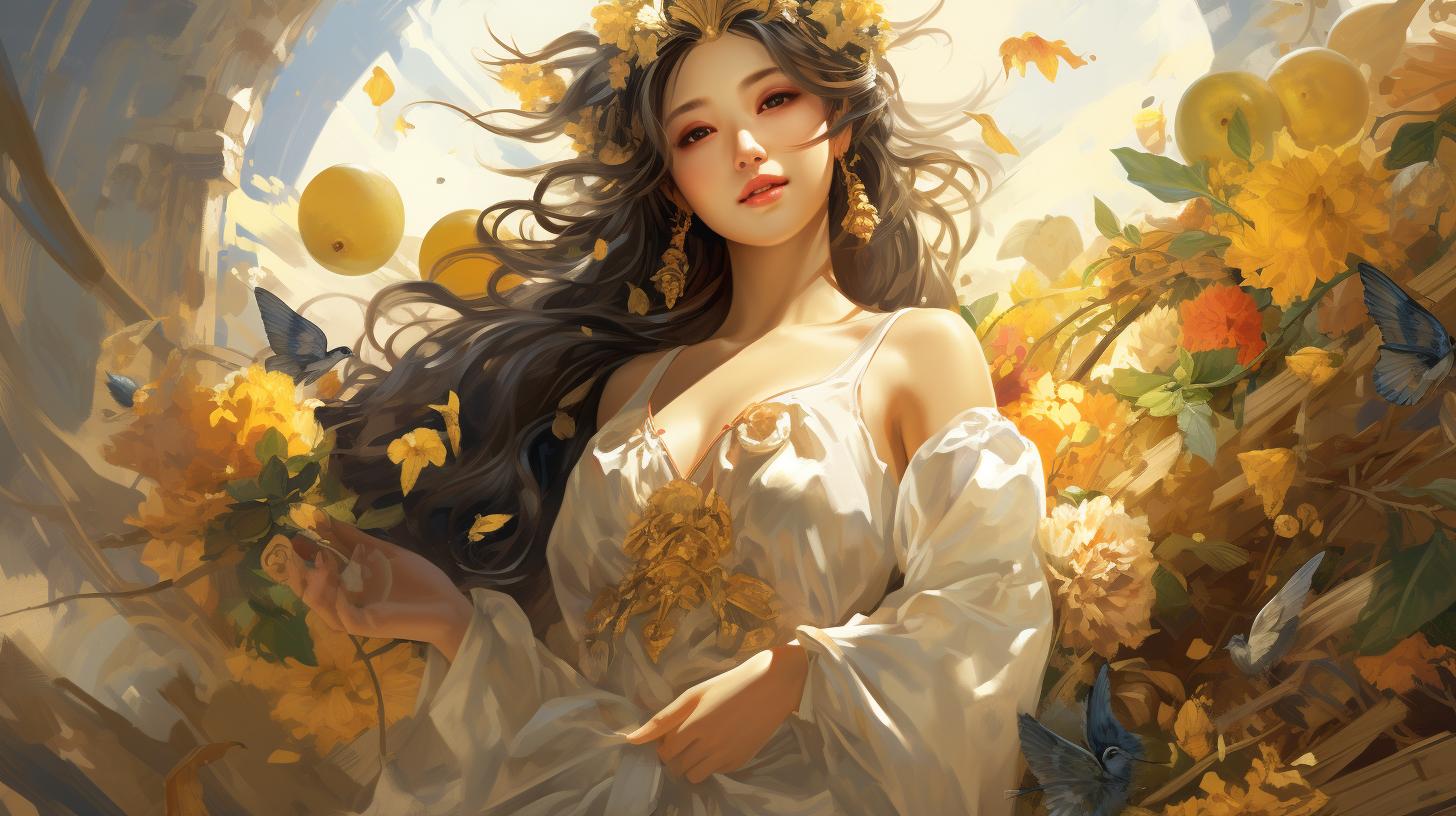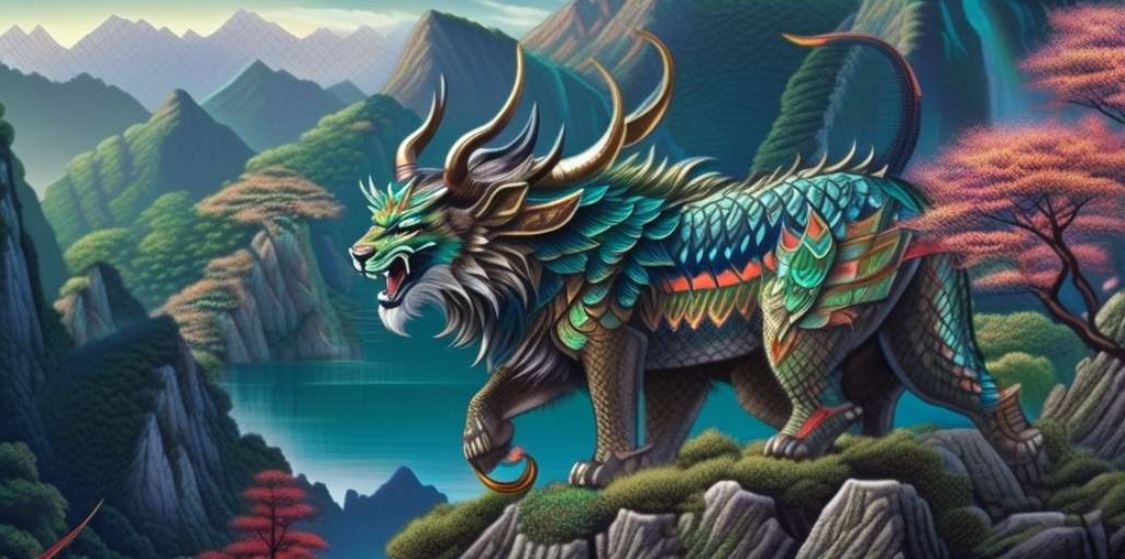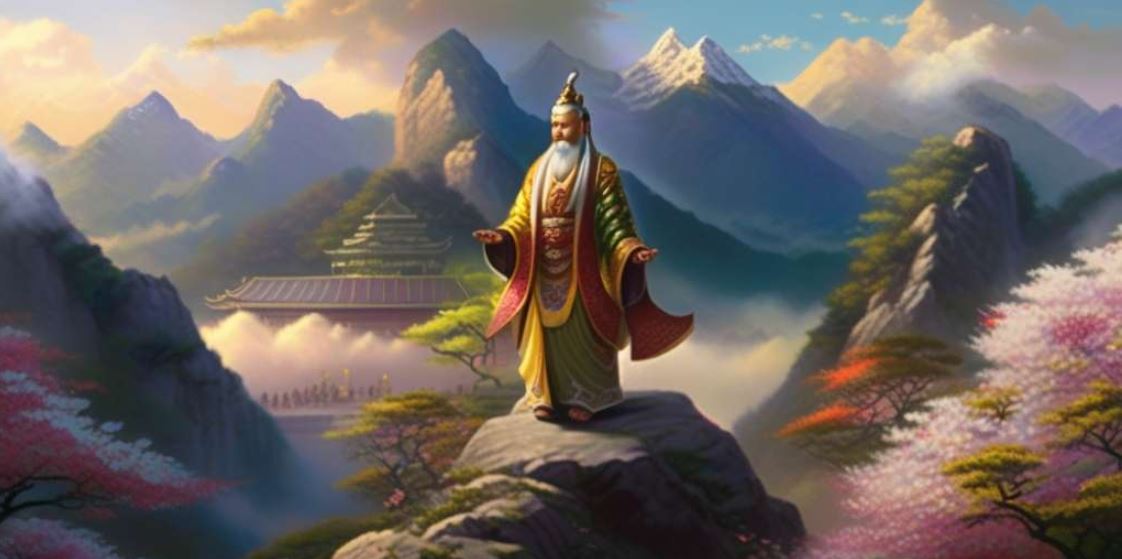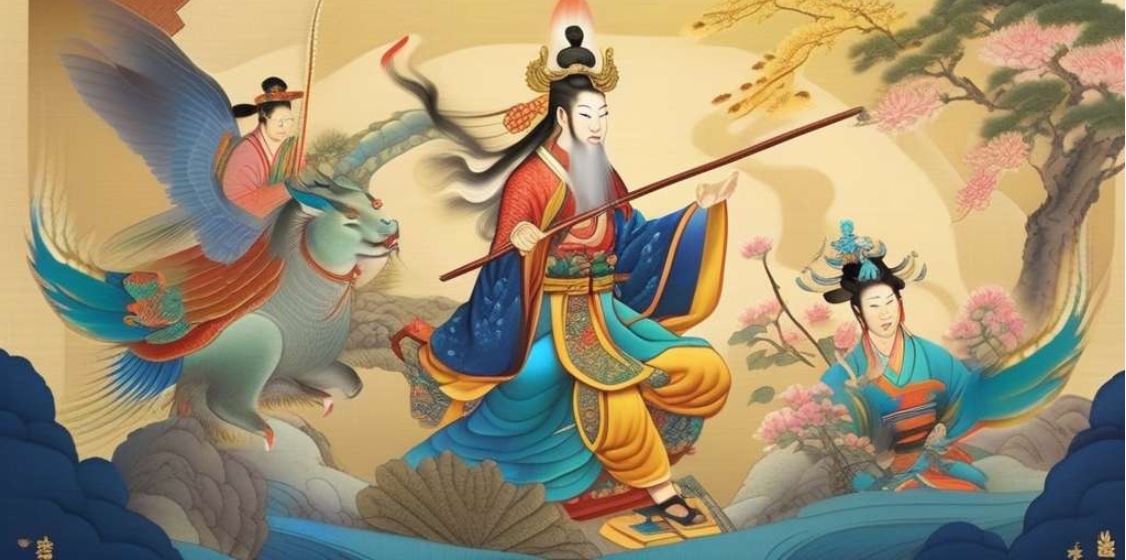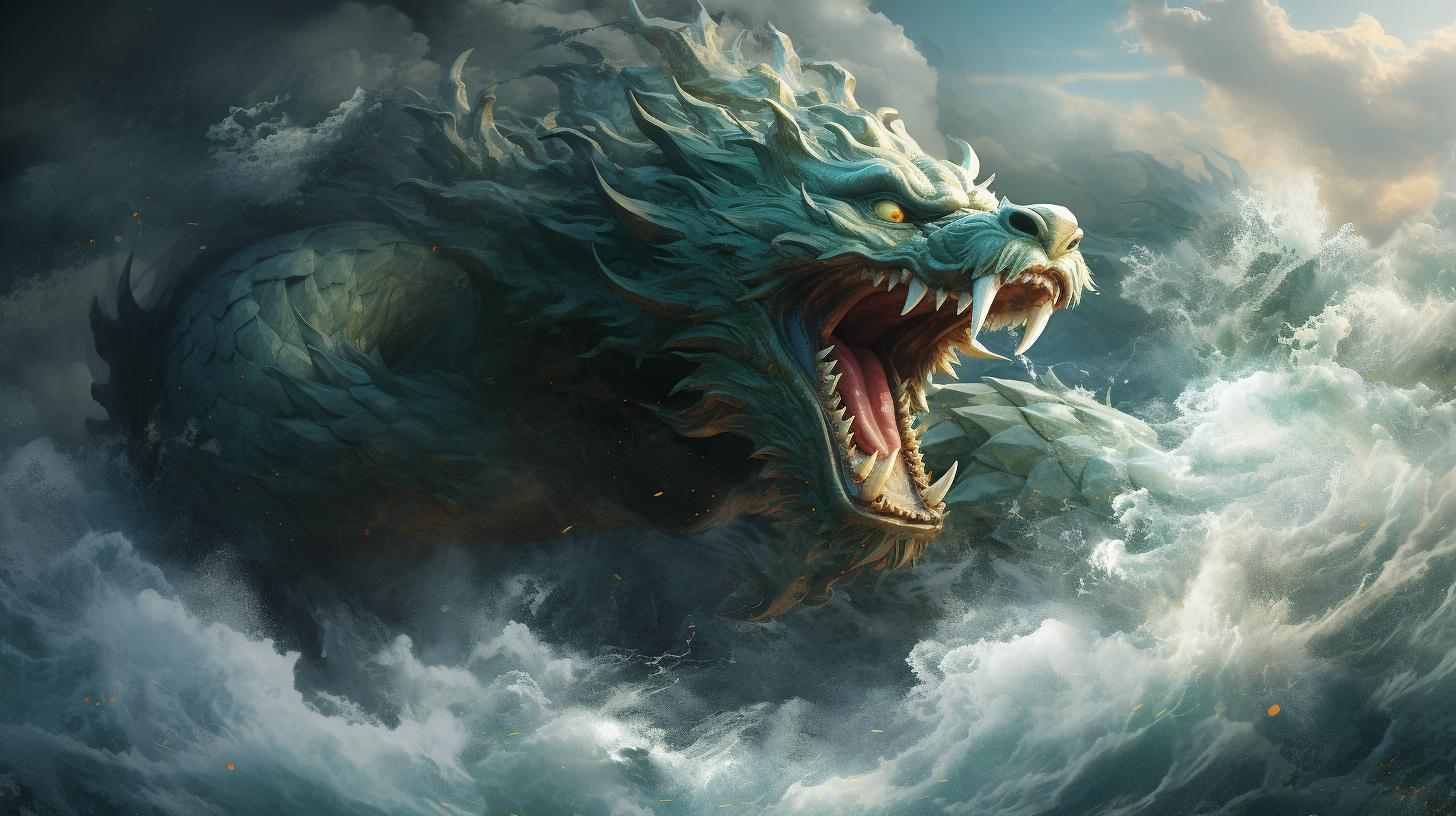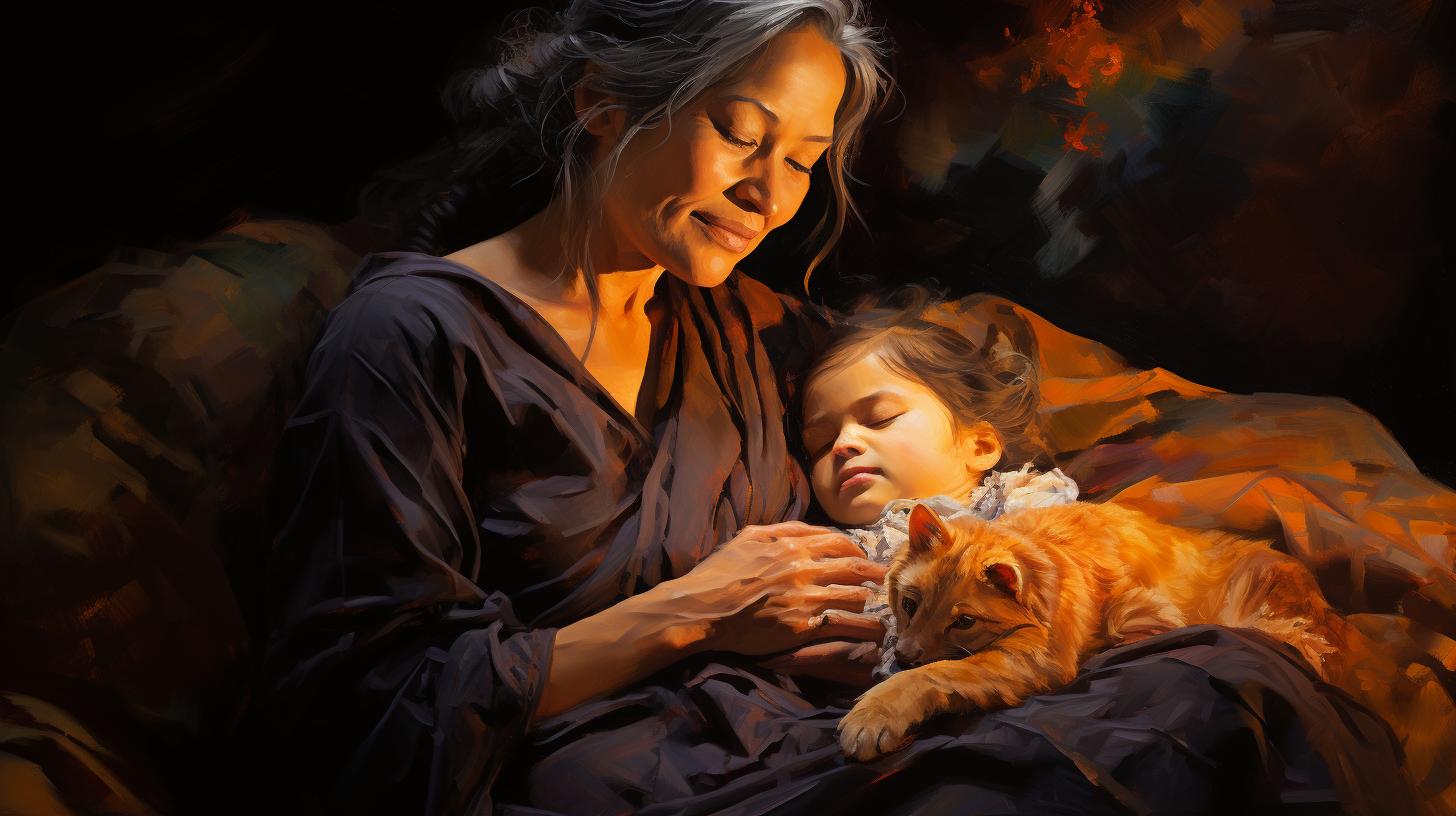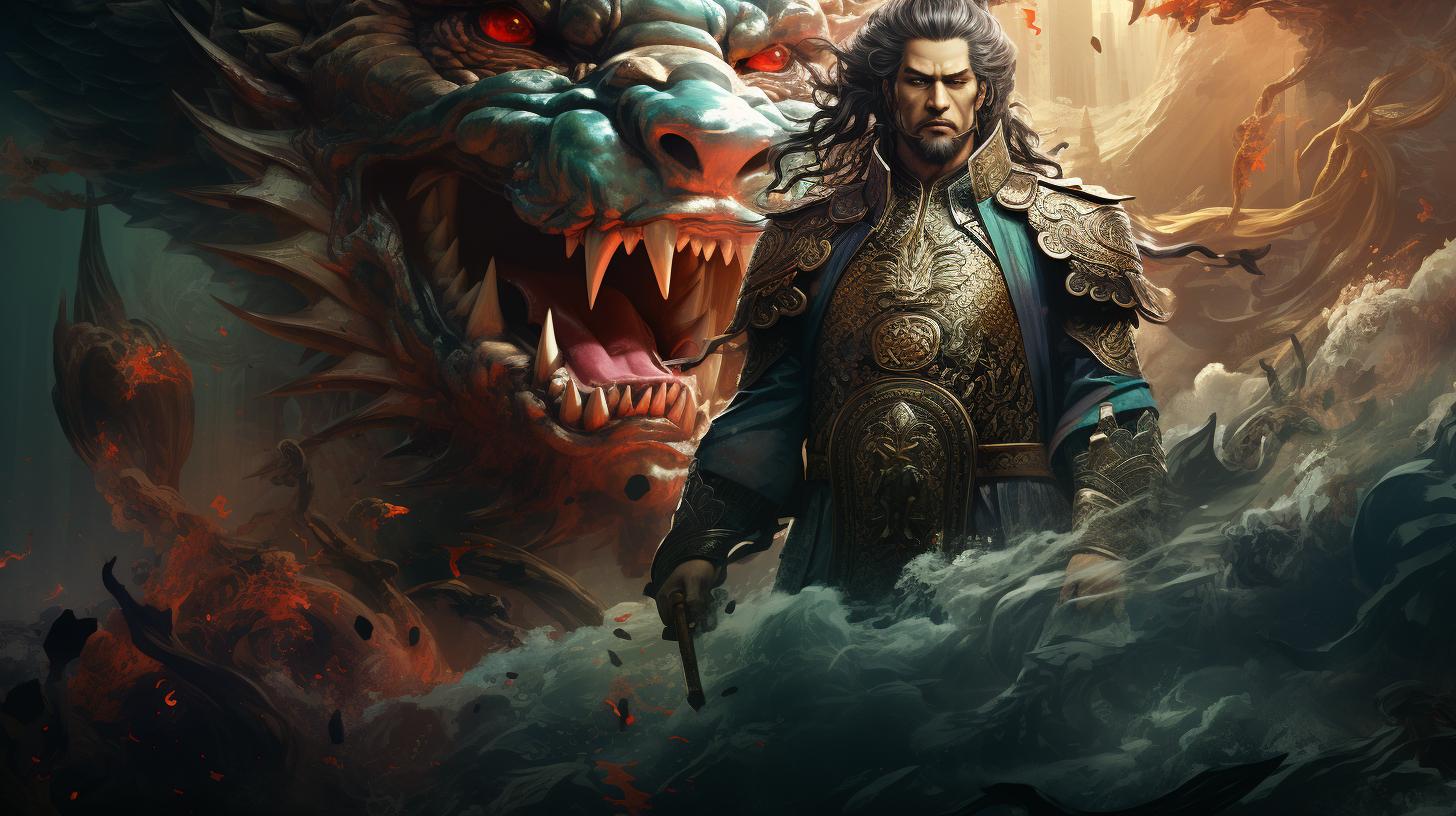Seokga: The Mischievous and Gigantic Korean God Unveiled
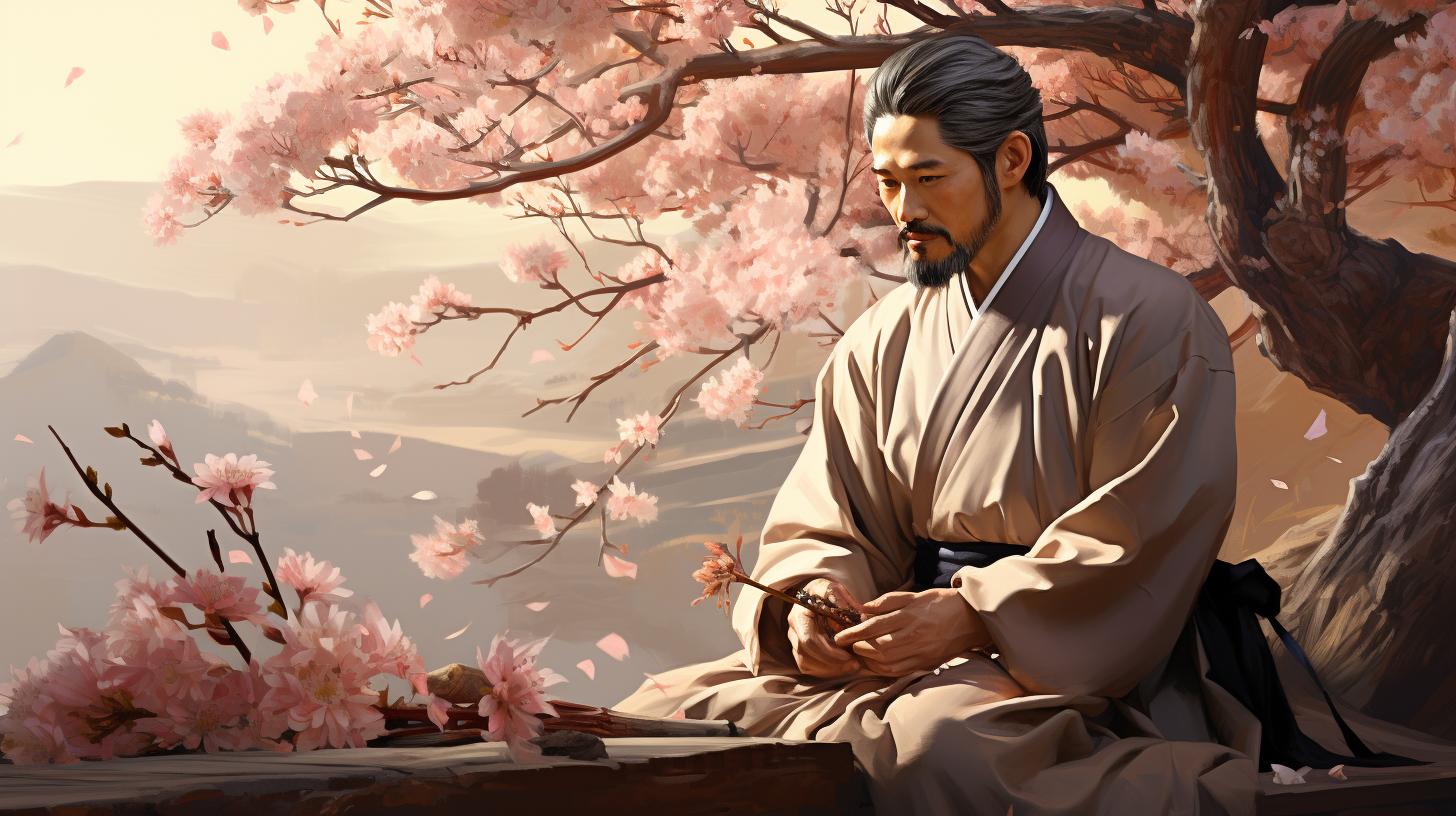
Seokga is a mischievous and gigantic Korean god who played a vital role in the creation of the world. Alongside Mireuk, they engaged in contests to establish their dominance. Seokga’s deceptive tactics led to his rule over the world, marking the beginning of an imperfect state.
Among other significant gods, Habaek, known as the god of the Amnok River, brings prosperity through fertility and agriculture. Korean mythology features an array of gods, each with their own symbolism and influence, such as Samshin-Halmang, Sanshinryeong, Chilsungshin, Gameunjang-aegi, Yeomra-Daewang, and Yongwang, among others.
The Story of Seokga: Exploring the Mythological Korean God
Welcome to the captivating world of Seokga, a prominent figure in Korean mythology. In this section, we will delve into the origins of Seokga and his counterpart, Mireuk, discover the intense contest between them that led to the creation of the world, and explore the deceptive victory that bestowed Seokga with rule and influence over the realm.
Unveiling the Origins of Seokga and Mireuk
To truly comprehend the essence of Seokga, it is imperative to uncover the intriguing tales surrounding his origins. These legends trace back to ancient times and shed light on the divine nature of Seokga and his association with Mireuk.
These two significant deities joined forces to shape the destiny of the world, leaving an indelible mark on Korean mythology.
Seokga’s Contest with Mireuk: The Creation of the World
One captivating aspect of Seokga’s mythology lies in the incredible contest between him and Mireuk. Through a series of challenging trials, they sought to establish dominion over the newly forming world.
A pivotal moment occurred when Seokga planted a magnolia flower, symbolizing his claim to the realm. However, the unexpected growth of the flower towards Mireuk led to a twist of fate, marking the beginning of imperfection in the world we know today.
The Deceptive Victory: Seokga’s Rule and Influence on the World
Seokga’s victory in the contest against Mireuk was not just about clever tactics, but also the subsequent consequences that shaped the path of humanity. With his cunning ways, Seokga ascended to become the first ruler of the world.
One of the most intriguing aspects of Seokga’s power was his ability to engage in intense supernatural duels with Mireuk, another prominent figure in Korean mythology. These duels went beyond mere physical strength, with challenges like freezing a river in the midst of summer and striking a bottle of liquor in mid-air.
Seokga’s cunning nature and manipulative tactics often secured him unfair victories over Mireuk, showcasing his cleverness and resourcefulness.
The Influence of Seokga’s Unfair Victory
Seokga’s unfair triumphs had profound consequences for the world and its celestial bodies. As a result of one particularly unjust victory, the moon and sun either duplicated or vanished. To rectify the chaos caused by this imbalance, Seokga had to make the difficult decision to destroy one of them, forever altering the celestial harmony.
This act of divine intervention marked the extent of Seokga’s power and the far-reaching consequences of his actions.
The North Tradition: Mireuk‘s Transformation of Insects into Humans
Within the traditions of the northern region, Mireuk, in his own right, possessed remarkable capabilities. One of his notable abilities was the power to transform insects into humans. This unique aspect of Mireuk‘s influence highlights the interconnectedness between different gods and their respective dominions over various aspects of the world, including the transformation and evolution of life forms.
As we delve deeper into the powers and deeds of Seokga within Korean mythology, we begin to uncover a complex network of gods who shaped the world and influenced the lives of both mortals and the divine.
Other Key Gods in Korean Mythology
Habaek: The God of the Amnok River
Legends tell of Habaek’s unwavering devotion when challenged by Haemosu to prove his love for Yuhwa, resulting in the symbolic act of drying up the Amnok River as a testament to his dedication.
Hwanung, a significant deity in Korean mythology, descended to earth to govern and establish the city of Shinshi. His divine rule brought order and prosperity to humanity, setting the groundwork for a flourishing civilization.
The tales of Hwanung and Shinshi highlight the divine intervention in the lives of humans and the creation of urban centers.
Samshin-Halmang, Sanshinryeong, Chilsungshin: Guardians and Symbolism
Samshin-Halmang is the revered goddess entrusted with the protection of newborns and mothers, ensuring their well-being throughout the early stages of life. Sanshinryeong represents the deities of the mountains, embodying their power and spiritual significance.
Chilsungshin, the seven gods of the Osa Mayor constellation, are revered for bestowing good fortune and longevity upon those who seek their blessings.
Exploring Gameunjang-aegi, Yeomra-Daewang, and Yongwang
Gameunjang-aegi, the goddess of fortune and destiny, holds sway over individuals’ fortunes, guiding them through life’s twists and turns. Yeomra-Daewang, the king of the underworld, is responsible for the souls’ journey after death.
Yongwang, the mystical dragons residing in bodies of water, wield their power to control the weather, ensuring balance and harmony in the natural world…….

